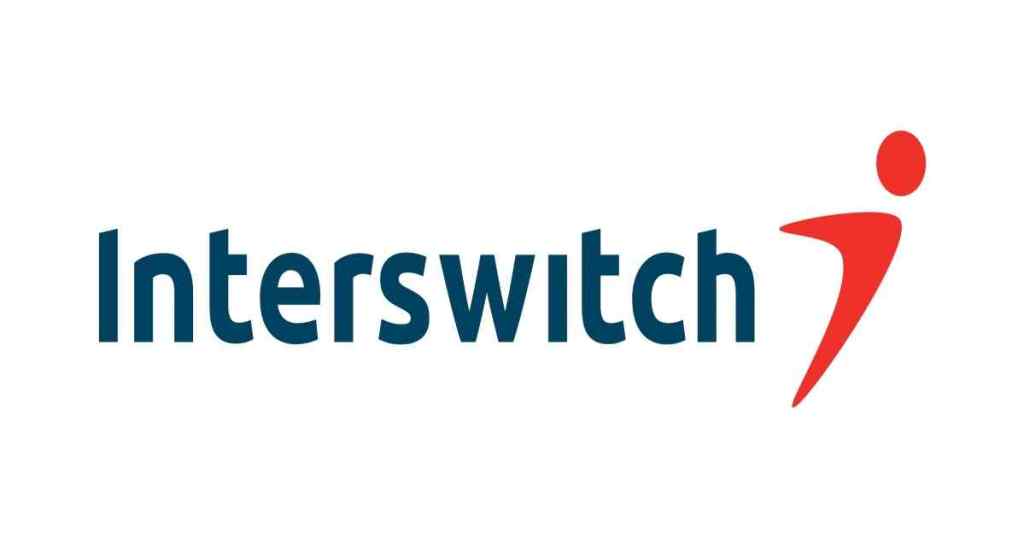The Central Bank of Nigeria (CBN) deducted N718 billion from deposit money banks (DMBs) for failing to fulfill its 65% loan-to-deposit benchmark. As part of the reforms, the apex bank normalized its policy but eventually reversed it due to declining private-sector credit.
As the banking sector began to see an increase in the transition of stage two to stage three loans, local deposit money banks decreased their lending appetites to combat growing loan defaults caused by economic uncertainty.
Because of their scale advantage and the fact that the big control a substantial portion of the industry’s overall assets and activities, smaller banks have a higher risk of problem loans than tier 1 counterparts. The twin reforms – subsidy removal and FX liberalisation – that were launched in the first half of 2023 spooked corporate performances. In a rating note, Fitch said stage two loans in the industry have grown after the devaluation of the naira in June.
“What happened is that banks loan would be converted at the new exchange rate, which automatically will increase the value of their loan portfolios”, according to analysts.
The move to debit Nigerian banks a large sum is detrimental to lenders’ businesses, particularly tier-2 banks with minimal liquidity weight, according to LSintelligence Associates research analysts in an email letter.
In response to the financial system’s constrained liquidity, short-term benchmark money market rates climbed, while yields on government borrowing instruments fell. Cowry Asset Management stated in its update that the Nigerian Interbank Offered Rate moved in various directions due to a drop in financial system liquidity. The investment firm’s asset managers explain the decrease in liquidity to a system cash reserve ratio deficit of around N700 billion.
Subsidy removal has impacted companies operating costs negatively and the condition has worsened with the devaluation of the naira. Many listed companies reported large foreign exchange losses in the first half of the year.
While banks recorded higher profits due to large unrealised FX revaluation gains, analysts have estimated that non-performing loans in the industry will rise in 2023 due to expected defaults.
“Some corporate borrowers are finding it difficult to survive as macroeconomic conditions nosedive. Businesses are struggling with increased costs of operations, pushed by rising headline inflation, weak local currency and increased energy costs spending”, LSintelligence Associates told MarketForces Africa.
Analysts said the CBN debits on banks at a time when key economic indices are at a worrisome level is margin dilutive for operators. The apex bank is considered a culprit in declining loans to the real sector following the monetary policy failure to curb price and exchange rate instability.
The CBN has failed all round, analysts told MarketForces Africa, adding that higher lending rates would obviously increase default risks in a country with uncertain economic directions.
Senate To Expedite New Minimum Wage Bill
















